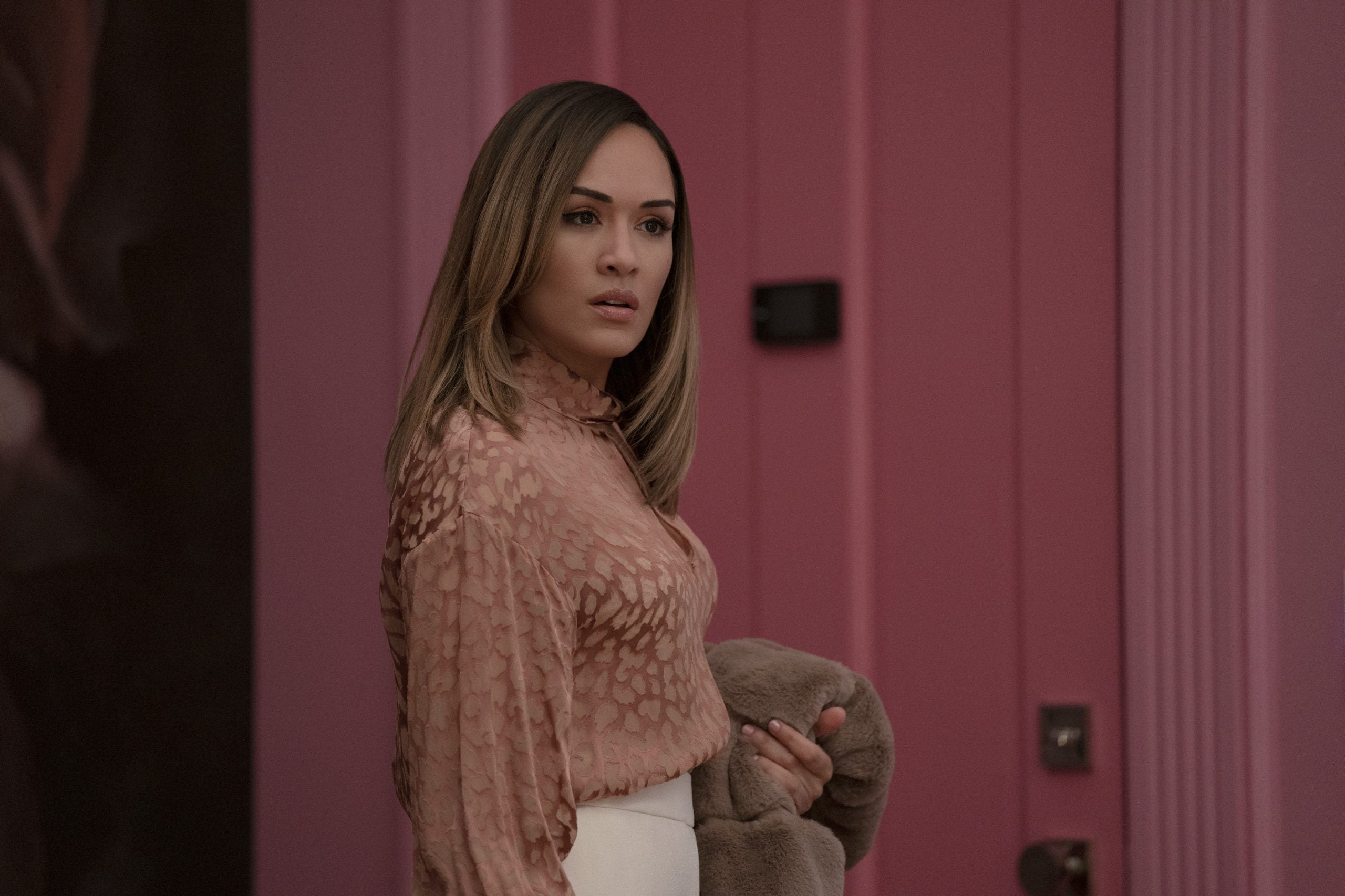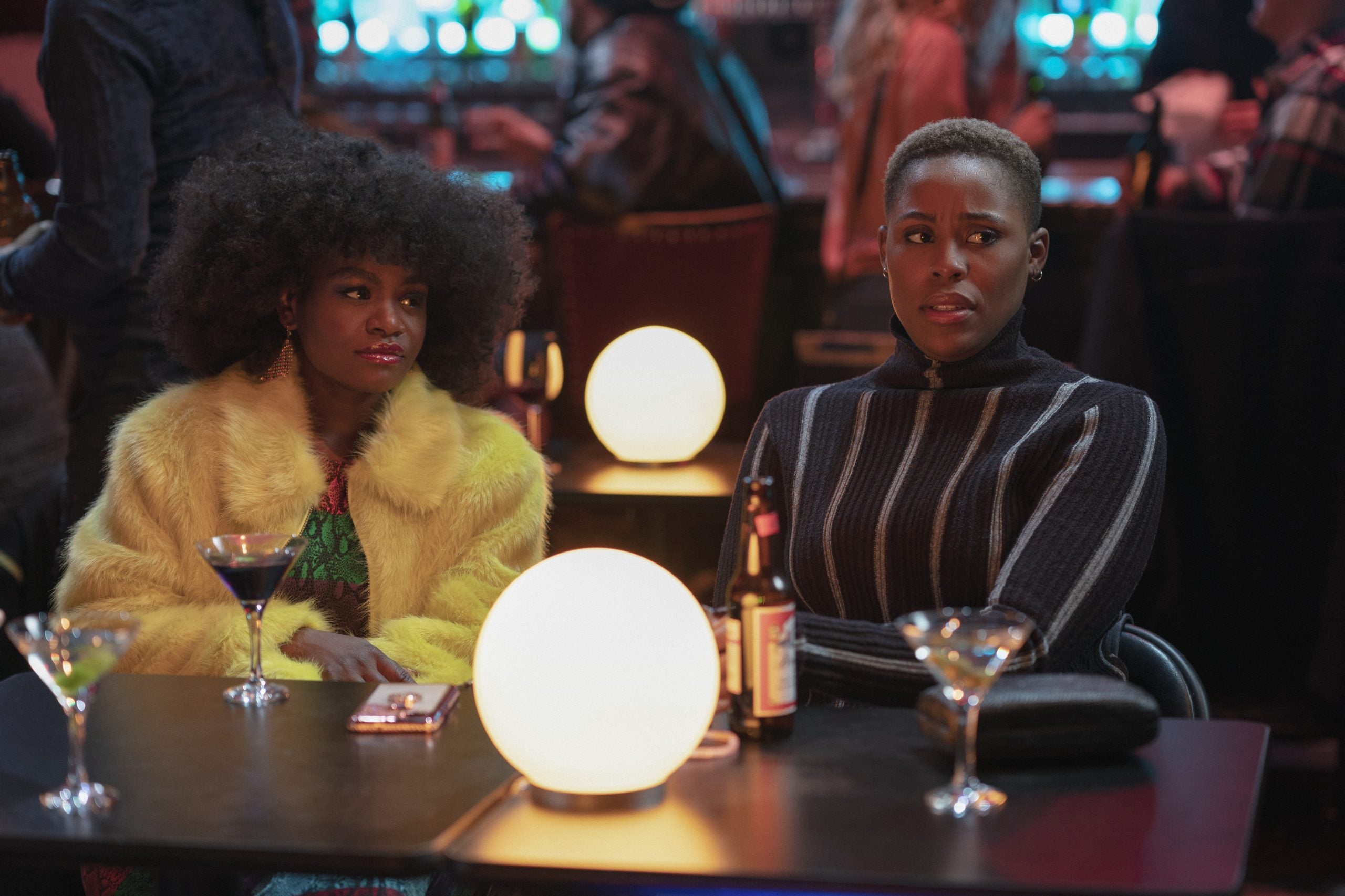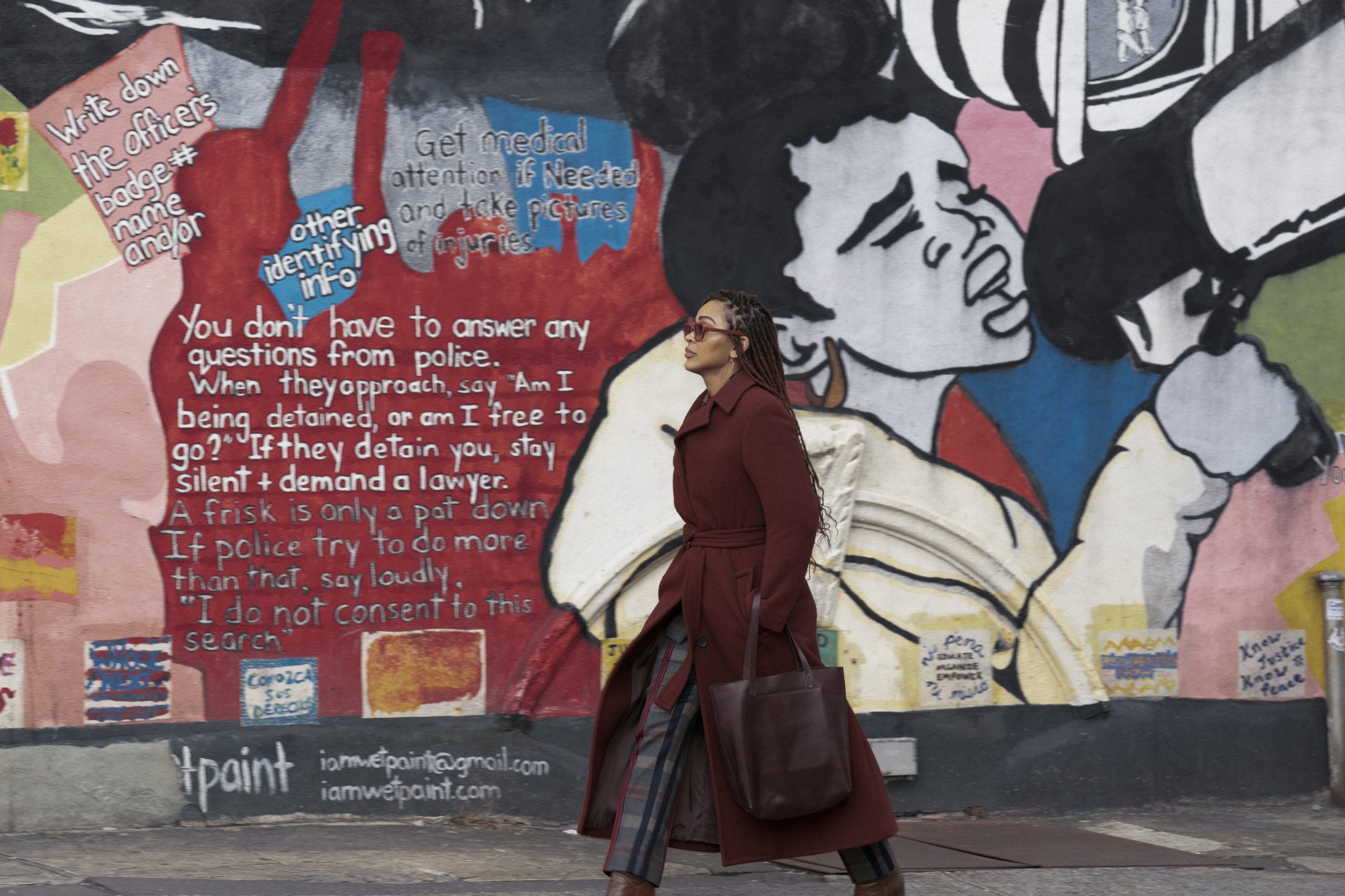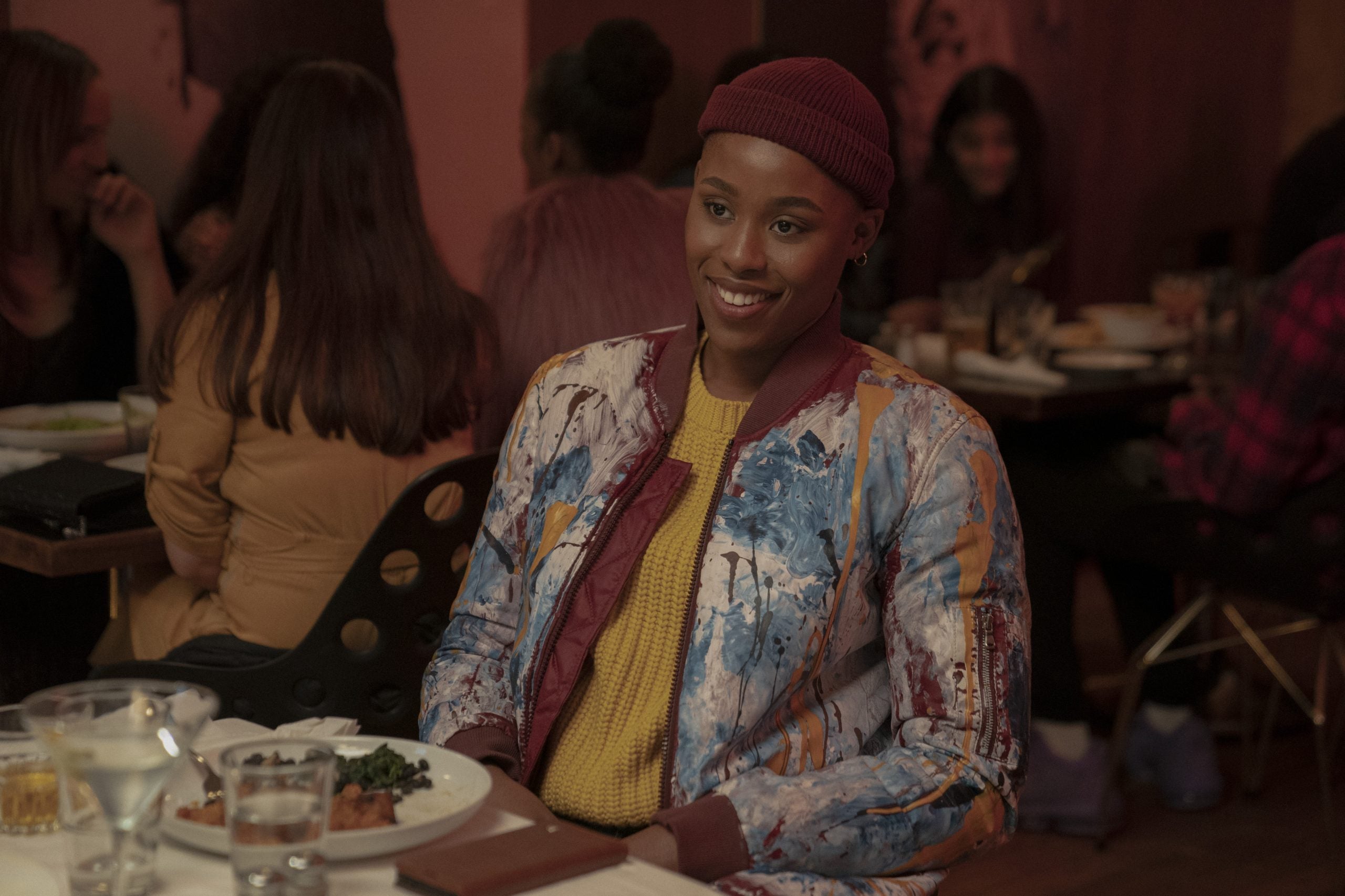
The new television series, Harlem is at the wishful front of a resurgence in Black television. Many Black family households are beginning to experience sincere narratives again that are reminiscent of the golden age in the 90’s. Healing broken hearts, growth following humility, and tight-knit friendships rooted in perseverance; Tracy Oliver’s next venture in TV, Harlem synthesizes all of these tropes found in Black-led series and amplifies them. With the keen eye of seasoned costume designer, Deirdra Govan, she reinforces Harlem’s leading ensemble of all-Black women with her intuitive visual storytelling that comprises glamorous garb and chic confidence-inducing fashion.
“Having had a working history with Tracy previously on First Wives Club, I knew automatically going into this it was going to be great,” Govan remembers through a Zoom call at home. “I was excited about the opportunity to create for an all-female Black cast protagonist story of women who are career minded, going through highs and lows, ups and downs, and just really articulating that on screen.”

Actress Grace Byers who plays Quinn in the series is on virtual standby to contextualize what it was like to view Deirdra Govan’s magic up close for Harlem. “All of the pieces synergistically kind of joined [together] into this seamless project. Sometimes, you put your heart and your soul into something and it doesn’t really gain the traction or the attention you feel it deserves but when it does happen, [Harlem] feels truly gratifying and it’s really, incredibly special.”
The NYU-educated and driven women of Harlem all go through their own life moments where they feel bogged down. The silver-lining is always present in the 4 girlfriends shining love for one another and their heartfelt support to see each other reach a self-defined happiness. Tracy Oliver’s endearing narrative is draped by Deirdra’s specific high fashion choices that allow each woman’s personality traits to stand out. “I really wanted to bring in the more feminine tones and muted pastels.” Deirdra explains. “She is a grown woman, but there is a sophistication and an elegance to her. It’s buttoned up without seeming overly prudish, because then that is really Grace’s territory to reign on how she’s going to bring this character to life. I’m just tasked with putting the skin on her.”

Byer’s highly-fashionable character scrambles to envision her successful luxury boutique business and what true love looks like to her as she goes through her occasional instances of heartbreak alongside her girl besties: Camille (Meagan Good), Angie (Shoniqua Shandai), and Tye (Jerrie Johnson). The conflict between Quinn and her Caymanian mother (Jasmine Guy) stands on whether she is accomplishing her dreams of reaching the traditional idea of adult independence. Her mom’s ideologies causes friction and ultimately, sacrifices Quinn’s happiness and her hopeful dreams of having a successful brand rooted in her innate passions for elevated fashion design. Deirdra Govan started her research there; in each character’s story arc by making sure her New York-inspired fun catwalk-on-the-sidewalk outfits would match each adult character’s individual personalities.

The costume designer implements notable Black-owned brands and others like Zimmerman, Alexis, and Fe Noel. Deirdra Govan dives into the blueprint of each character to curate their visual appeal. Making the emblematic scenes filmed in the cultured streets of Harlem that more alluring as each protagonist struts up the stoops of the brownstones of New York. Quinn and her best friends figure it all out day-by-day while navigating through the fresh obstacles that present themselves when women enter their 30s

“I see the total picture,” says Govan. “It’s not just the pieces of clothing, it’s the hair, it’s the makeup, and the manicured nails. It’s what [the cast can] incorporate that they have personally in their own closets that they feel could support the character? I open that door because I feel that way between actor and designer. In this case, Grace specifically, we were able to be very honest and transparent with each other about what worked and what didn’t.”

The unfaltering Black sisterhood between the women of Harlem making their dreams materialize in a city that is commonly depicted as very unforgiving is purifying. “I was just very happy to see something like this get its time on screen,” says costume designer Deirdra Govan who has been refining her visual storytelling for the past 25 years. “I feel that now more than ever, it’s such an important piece. It’s an important show.”